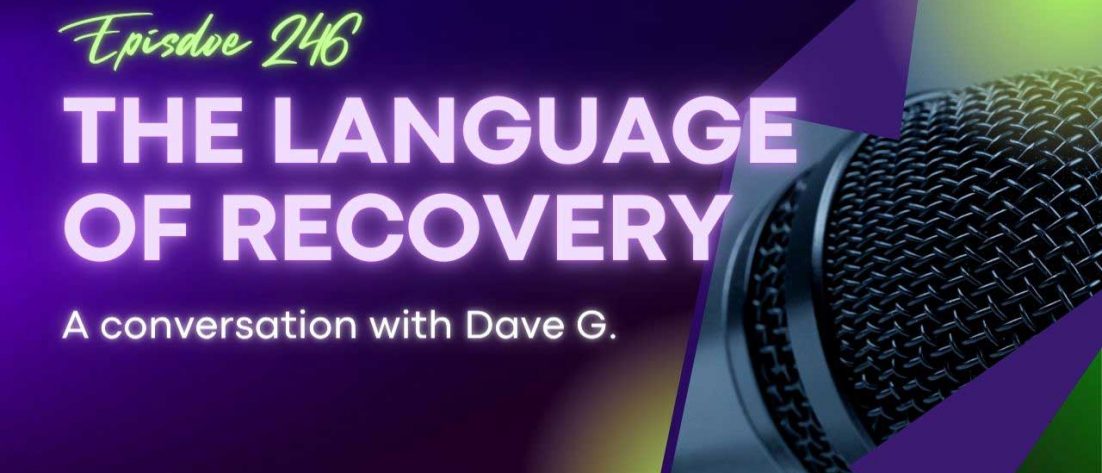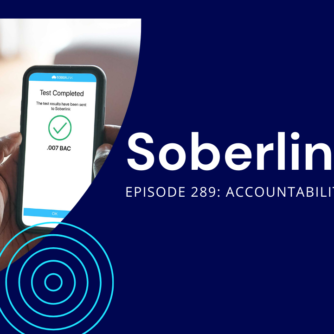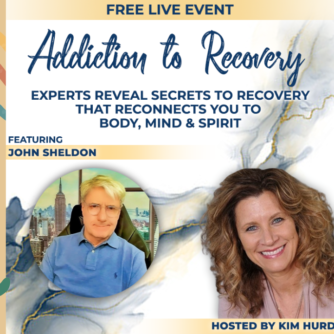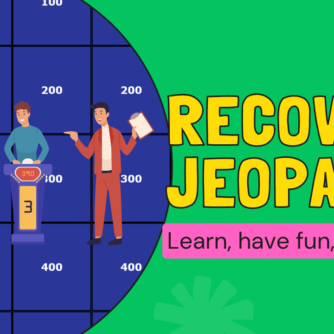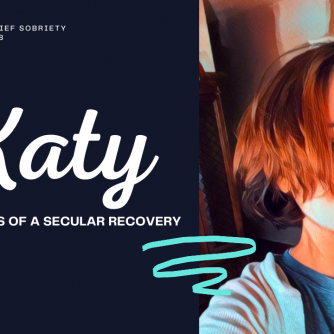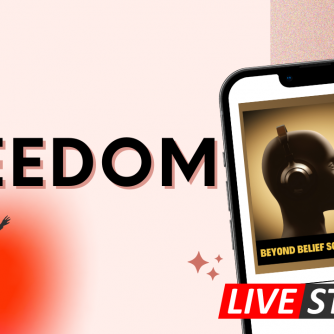Dave G. enjoys his sobriety. He runs, dances, and swims in the open sea. He gives back by talking at schools about his experience with addiction and recovery, and through his involvement in Toastmasters, he is working on improving his speaking skills even more. As we talked, I noticed a recurring theme throughout our conversation—language. Specifically, the language used in recovery circles, and why it’s important that we are authentic and have the freedom to describe our experience in our own way, using our own vocabulary. Dave, who has been sober for twenty-eight years, recently discovered secularly formatted AA meetings where he feels the freedom, to be more open, frank, and honest when he shares his practical, secular approach to sobriety.
Like many of us, Dave’s drinking started when he was a teenager. It soon became problematic, and looking back, he recognizes that low self-esteem was part of the fuel that fed his alcoholism. There were also unaddressed mental health issues, including a suicide attempt when he was seventeen. Later, he joined a Football Hooligans gang where he regularly placed himself in risky situations. Now, he realizes that if he had a healthier sense of self-esteem, he most likely would have sought help for the mental health issues and he may not have made the poor decisions that harmed him both physically and mentally.
Dave is from Scotland and at one time worked in the offshore oil rigs where he developed a gambling problem. This led him to Gambler’s Anonymous where he met someone who suggested he consider attending AA meetings. This fortunate turn of events put Dave on the road to recovery, and shortly after he started attending AA meetings, he was given the opportunity to go to a treatment center for five months. This helped a great deal because it connected him to other people, and he learned social skills while in treatment that he doesn’t think he would have mastered otherwise.
As far as the god bit in AA goes, it never bothered him that much, and the AA meetings in Scotland are far less religious than the meetings in North America. The Lord’s Prayer, for example, is never heard in those meetings, but instead, meetings close with a recitation of the Serenity Prayer. Still, even though he could tolerate what God-talk did exist in the meetings, it was a breath of fresh air when he discovered secular AA meetings. This happened when COVID broke out in 2020, and he started attending Zoom meetings. There were stringent lockdowns in Scotland at the time, so early on Dave decided to prepare himself. He realized that if he had to isolate then he would make sure to have some structure and a daily routine. This would include exercise, reading, meditation, and attending online AA meetings.
In addition to secularly formatted AA meetings, Dave likes the vast array of secular recovery literature such as AA Agnostica’s The Little Book, and Serge Pringle’s The Proactive Twelve Steps, and The Alternative Twelve Steps: A Secular Guide to Recovery, by Arlys G. and Martha Cleveland. s. Books that I recommended included Twelve Secular Steps: An Addiction Recovery Guide, by Bill W., Beyond Belief: Agnostic Musings for Twelve Step Life, by Joe C., and Waiting: A Nonbeliever’s Higher Power, by Marya Hornbacher.
Today, Dave stays involved in service to others by helping newcomers at meetings or speaking at schools as part of AA Public Information. He has also recently started his own podcast called Health and Wealth. Through his service commitments, it is Dave’s intention to at the very least plant a seed so that one day a person may remember his talk and seek help, but even if nobody else is being helped, it’s certainly helping Dave.
